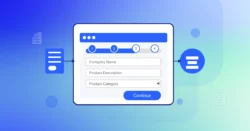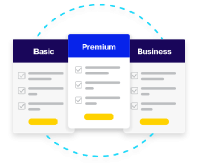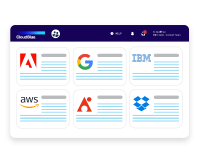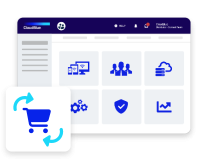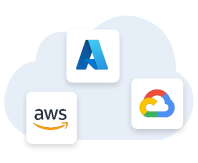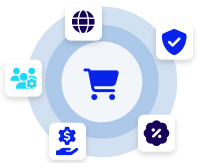A SaaS API (Software as a Service Application Programming Interface) is a set of protocols, tools, and definitions that allows different software applications to communicate and integrate with a SaaS platform. APIs serve as the bridge between external applications and the SaaS provider, enabling developers to access, manipulate, and extend the functionality of a service without needing direct access to its internal systems.
For SaaS providers, offering a robust API is essential for allowing their service to integrate with other tools and platforms. This integration can include anything from syncing customer data between CRM systems and payment gateways to automating workflows between cloud applications. SaaS APIs are typically well-documented and designed to be developer-friendly, allowing businesses to customize their experience with the SaaS platform based on their unique needs.
SaaS APIs are critical for fostering interoperability, increasing the flexibility of the software, and allowing for scalable solutions. For example, an e-commerce platform may use a SaaS API to integrate with a third-party inventory management system, ensuring that product stock is updated in real-time across different platforms. This helps businesses avoid manual data entry, reduce errors, and improve efficiency.
Key benefits of SaaS APIs include:
- Integration: Seamlessly connects SaaS solutions with other applications, enabling the exchange of data and enhanced functionality.
- Customization: Allows businesses to extend the capabilities of SaaS products by building custom features or automations that meet specific needs.
- Scalability: Supports business growth by allowing for the easy integration of new systems and services as business requirements evolve.
SaaS APIs play a vital role in the modern digital ecosystem, offering businesses the ability to create flexible, interconnected software environments that drive efficiency and innovation.




